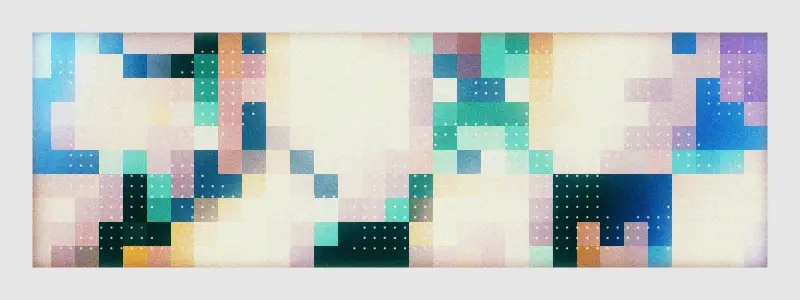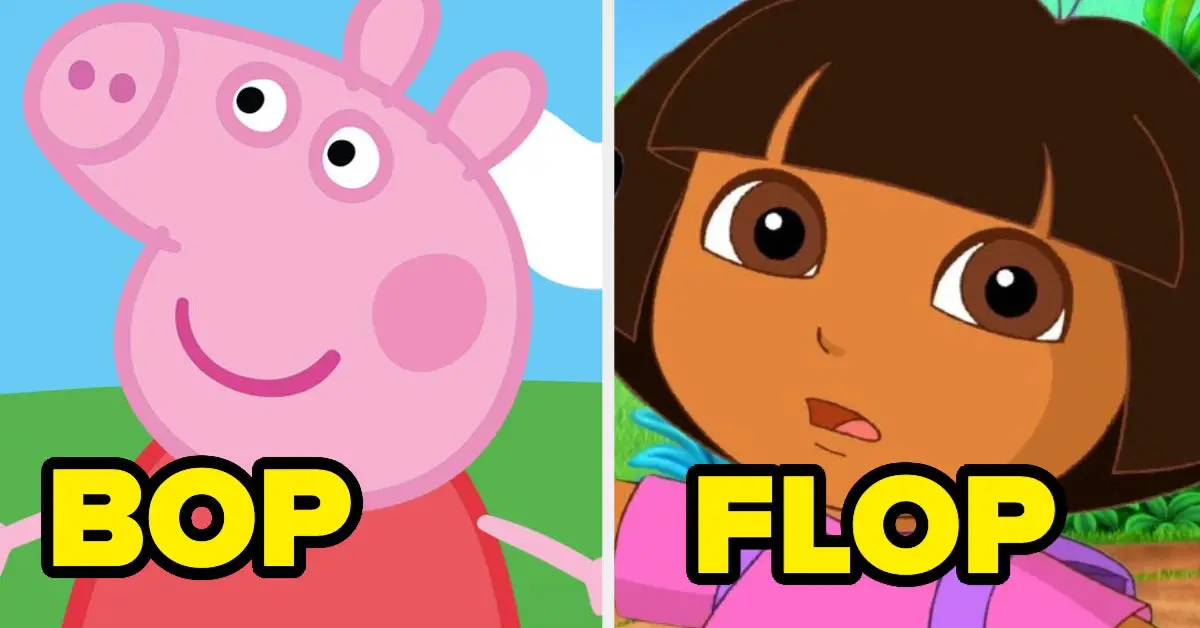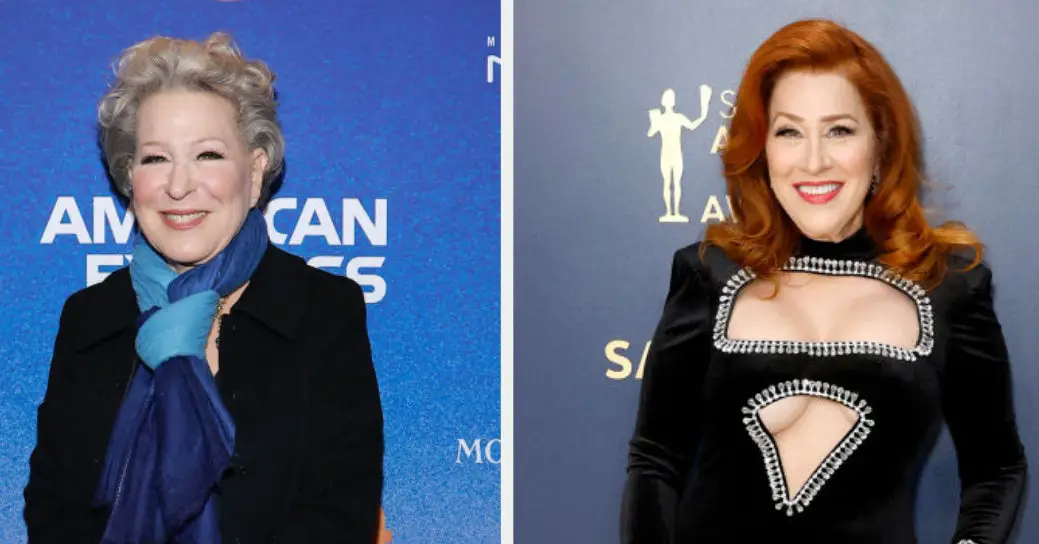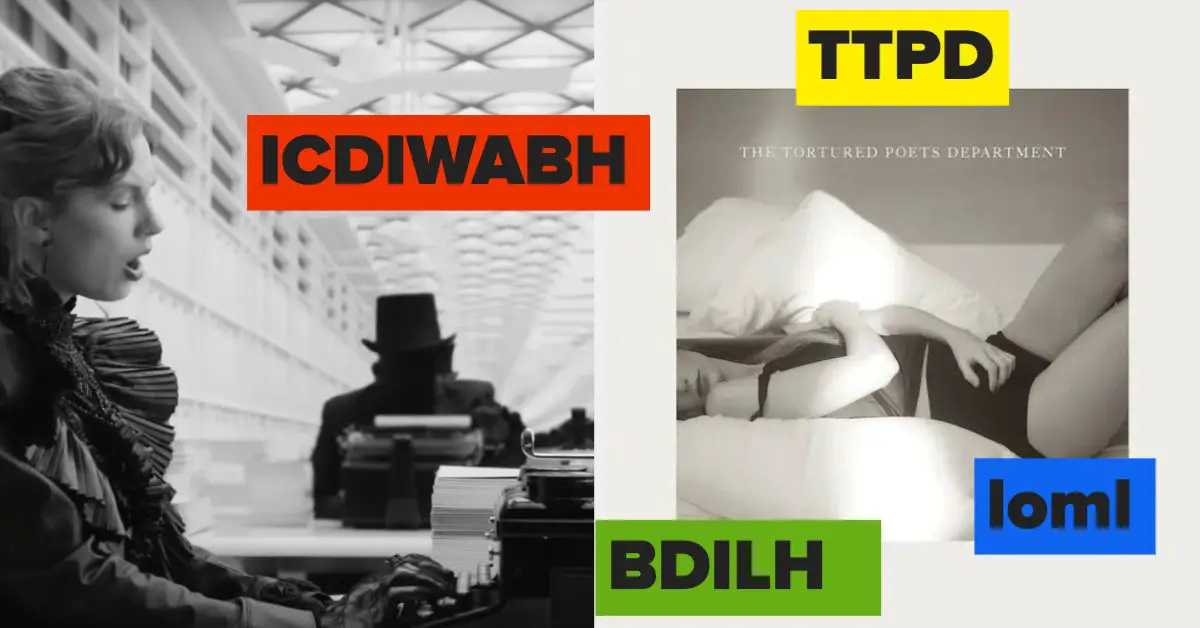I’ve been searching for some kind of mathematical calculation that could be used as a value for wisdom. It’s a pretty tall order as wisdom itself is prone to a lot of subjectivity. What exactly constitutes wisdom and who can say how much it’s worth?
I came across a paper called You and Your Research by Richard Hamming (a mathematician and computer scientist) which made me think there could be a way to go about putting a value to wisdom or at least knowledge. You can read more about Hamming’s excellent paper in this recommendation. In it, he talks about knowledge being like compound interest. You save up little pieces of knowledge and eventually you get a high return which you can cash in. The context was in the encouragement of gathering knowledge and not to despair if it felt like the investment wasn’t paying off in the short run. Have faith, don’t give up and one day you’ll get what you justly deserve once all that knowledge gathering pays back in a lump sum.
The idea of knowledge being like compound interest also appears in a quote by Warren Buffet. Buffet goes as far to claim that reading 500 pages a day is the key to success but adds that most people won’t follow it. This advice was related to investing in particular and preparing for investor meetings but could apply to any endeavor where you need to make decisions. The more you know, the better the decision when it comes to making money it seems. Coming from one of the greatest experts in his field, it may be wise to take his advice.
The other mathematical formula between wisdom I’ve come across is Gladwell’s 10,000 hours. This magical number whereby people move into expert territory once they have it under their belt. There have been many disputes on this specific theory and the quantity of 10,000 hours but there is plenty of evidence to say training and repetition will help you gain wisdom. Whether it’s mastering the violin to excelling at golf. You can check out Gladwell’s book or this article that takes a critical look at his assertion.
However, in this case it’s the value of wisdom, rather than the method to gain it that I’m concerned with. How could we demonstrate the value in learning more? My hunch is that learning little and often results in ‘wisdom payouts’ that cash out every now and then.
I suspect the two formulas for wisdom may meet in the middle. A compound interest type formula to gain the wisdom in the first place and a target cash out number at which the required amount of wisdom is reached (it might be 10,000 hours or another number).
Playing around with the formula for compound interest
Starting with a value of 100 ( the value of the knowledge that you have now) and an interest rate of 10%, I set the rate at which new knowledge is consumed as once a day. In a money example interest is more likely to accrue monthly. I calculated W after 30 days, after a year and after 5 years.
After 30 days the 100 units of knowledge turned into 111, after 1 year it was 331 and by 5 years it was 39,942!
If wisdom and knowledge really did work this way, 5 years of learning every single day pays back almost 400 times as much.
Of course we’re unlikely to ever know how much knowledge we have in a unit value, how much it grows over time and if it’s anything like compound interest in real life. If there was a place and time to create a points based system for collecting knowledge and wisdom then perhaps we have some inspiration here.
The real science of it
One thing we know is that even though it’s difficult to quantify, taking in new knowledge from diverse sources is good for the brain. Research from 2019 revealed that new neural activity patterns emerge when people learn to perform new tasks. That information has researchers excited at the possibility that people with brain injuries could one day learn new tasks more easily.
We are still have so much to learn about how the brain acquires new knowledge and what impact it has on our brains. There was a step forward last year as new research described in Scientific American showed that the brain actually learnt in unexpected ways. It was the white matter, the myelin insulation around the wiring that connects neurons, which plays a key role. Previously the focus was the interaction between the neurons and synapses. The fact that we only recently discovered this shows how far we still have to go.
The other interesting discovery mentioned in this article is that highly developed brains like that of an accomplished musician change the brain structure itself. Learning i.e. the gaining of knowledge, makes the brain larger in certain areas it seems. The natural assumption might be that this is useful to aid with other types off learning the brain needs to do. Like a muscle that grows with training, the brain seems to do that too.
Somewhere far into the future perhaps we will understand more about the inner workings of the brain and how that translates into a formula for how much knowledge or wisdom we gain. Today, there is no tidy calculation. Whereas we can estimate physical aspects of out bodies such as what our blood contains, how fast our heart is pumping or how fast we move, what our brains are doing is more of a mystery.
Despite the great leaps forward in MRI and brain imaging techniques, we can’t quantify values like knowledge, wisdom, memories in a scientific or consistent way. Until then we can muse and observe what might be happening based on our real life human experiences. If we take note of the first hand experiences of experts, we may conclude that some kind of compound formula for wisdom does exist. Whether we’ll ever learn to calculate it is another story.
Source link











Leave a Reply